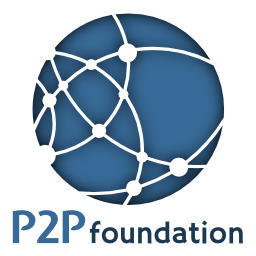The use of the concept of self-management has connotations with great ideological weight, rather than concrete.
Get Started for FREE
Sign up with Facebook Sign up with X
I don't have a Facebook or a X account
 Your new post is loading... Your new post is loading...
Taylor S's curator insight,
March 23, 2016 10:58 AM
Funny enough this article has put me in a funny place as I both seem to agree and disagree with what its saying, it is saying that with woman gaining more power either in the workplace, politics or even the media we are taking up that characteristics of men and leaving out any emotion, and portraying this in a negative way. Now the way this relates to me is because industry is what’s often considered to be a man’s world. Despite the whole push for equality in the workforce it is still stereotyped as male dominant, meaning that females within that workplace have to as stated in the article (adopt a masculine, power-oriented, competitive, logic-based approach) however I don’t think by taking up these traits that we completely loose our feminine side, like in any situation we change how we portray ourselves, the key there I agree is finding the balance between Masculinity and Feminism in the workplace.
This entry was posted on Friday, September 13th, 2013 at 2:54 pm and is filed under P2P Governance, P2P Public Policy, P2P Subjectivity. You can follow any responses to this entry through the RSS 2.0 feed. You can leave a response, or trackback from your own site.
|
|














